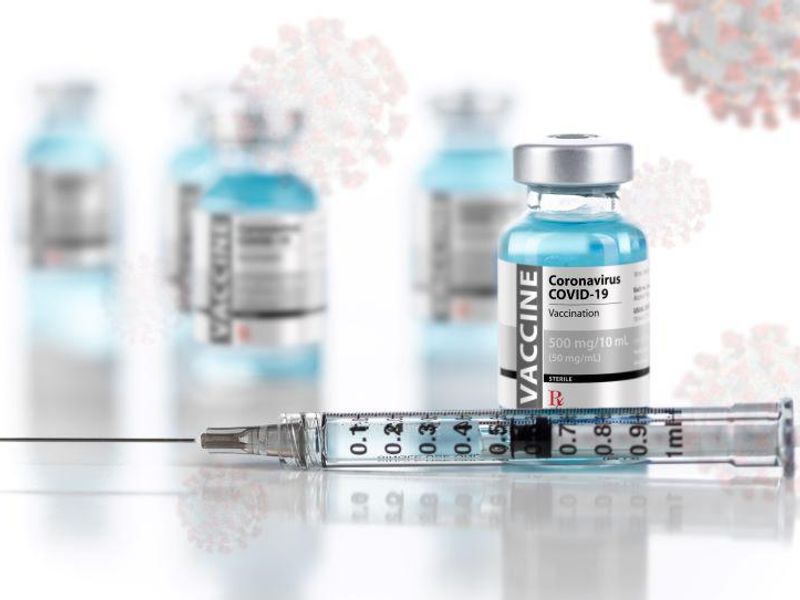WEDNESDAY, Nov. 9, 2022 (HealthDay News) — The rates of myocarditis and pericarditis are increased after receipt of the second dose of mRNA-1273 versus BNT162b2, according to a study published in the Nov. 15 issue of the Journal of the American College of Cardiology.
Zaeema Naveed, M.B.B.S., Ph.D., from the British Columbia Center for Disease Control in Vancouver, Canada, and colleagues compared the risks for myocarditis, pericarditis, and myopericarditis related to BNT162b2 and mRNA-1273 using data from the British Columbia COVID-19 Cohort. The association between exposure to the second dose of an mRNA vaccine and a diagnosis of myocarditis, pericarditis, or myopericarditis during a hospitalization or an emergency department visit within 21 days was examined.
The researchers found that the rates of myocarditis and pericarditis were higher for mRNA-1273 than BNT162b2 (rates, 35.6 and 22.9 versus 12.6 and 9.4 per million second doses, respectively). Significantly higher odds of myocarditis, pericarditis, and myopericarditis were seen for mRNA-1273 versus BNT162b2 (adjusted odds ratios, 2.78, 2.42, and 2.63, respectively). A stronger association between mRNA-1273 and myocarditis was seen for men and for the younger age group (younger than 40 years; adjusted odds ratios, 3.21 and 5.09, respectively).
“Our findings have implications for strategizing the rollout of mRNA vaccines, which should also consider the self-limiting and mild nature of most myocarditis events, benefits provided by vaccination, higher effectiveness of the Moderna vaccine against infection and hospitalization [found in prior studies], and the apparent higher risk of myocarditis following COVID-19 infection than with mRNA vaccination,” Naveed said in a statement.
One author disclosed financial ties to the pharmaceutical industry.
Abstract/Full Text (subscription or payment may be required)
Editorial (subscription or payment may be required)
Copyright © 2022 HealthDay. All rights reserved.


